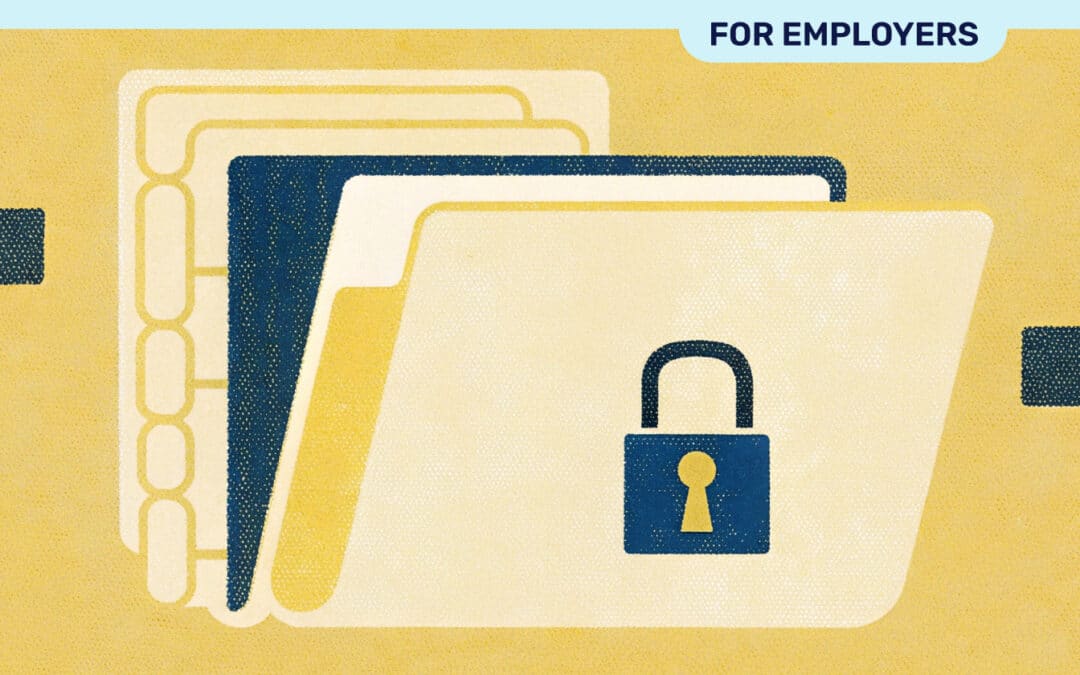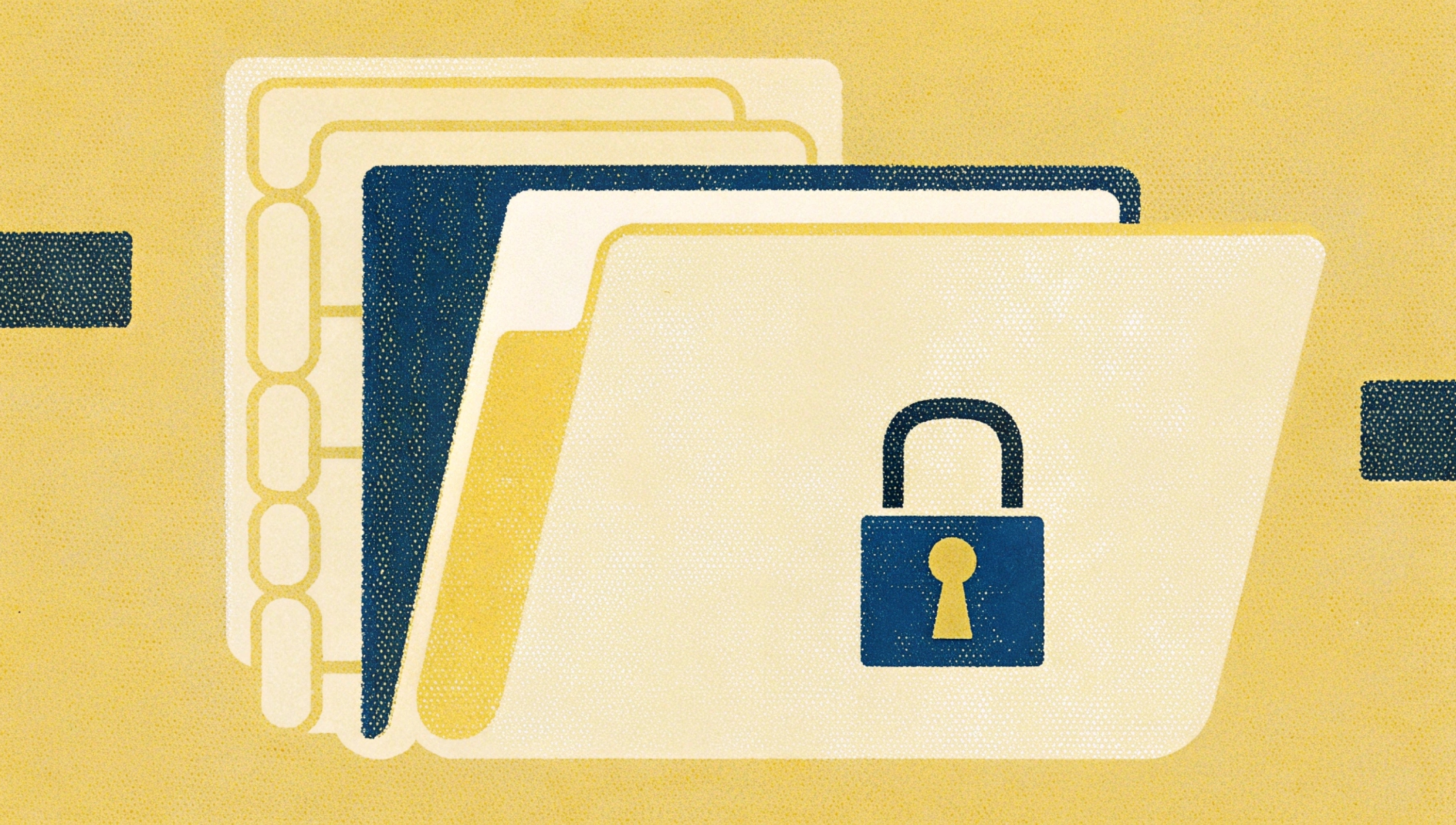
How to go beyond basic interview questions and answers and pick the best candidates?
How a great graphic web designer will make your brand unforgetable?

Let’s face it, every time we look for a candidate, we all follow the script of basic interview questions and answers. The reasons for doing so are as simple as knowing that those questions just work great. However, the main flaw to this approach is that candidates are starting to notice and, accordingly, they prepare themselves and tend to give rehearsed answers that leave us all with a feeling of a shallow process with no useful information on how to decide which one of them we should hire.
So, what we wanted to share through this guide is the best way to use the basic interview questions and answers as a starting point to dig a little bit deeper, keeping the things that are working while improving our interview-related skills to gather the best information and find those shiny needles in the haystack.
Why understanding basic interview questions and answers matters
The hiring process is one of the most strategic functions in any organization. Poor hiring decisions can lead to lost productivity, team disruption, and financial waste. That’s why learning how to ask meaningful, targeted questions is essential.
Employers who master and surpass basic interview questions and answers consistently:
- Identify top-performing candidates faster
- Reduce turnover by ensuring better fit
- Build teams that align with company culture and goals
What questions to ask in an interview as an employer
Some basic questions that we all know reveal skills, motivation, and alignment. Below is a table organizing key interview questions by intent:
Interview goal | Suggested questions |
Understand experience | “Can you walk me through your background?” |
Identify strengths | “What are your core strengths concerning this position?” |
Assess problem-solving | “Describe a challenge you faced and how you addressed it.” |
Evaluate company fit | “Why are you interested in working here?” |
Gauge a growth mindset | “What’s something you’re currently working to improve?” |
Confirm expectations | “What are your salary expectations for this position?” |
Clarify availability | “When would you be able to start if selected?” |
The twist:
Notice that availability, expectations, or growth mindset questions are straightforward and won’t take that much time from the interview. The answers to those questions are short sentences (specifically, the growth mindset can lead to a longer answer when candidates decide to take them as an opportunity to show off a little bit; those unnecessary detours are a great way to identify a rehearsed answer, when this happens try to pay attention to things like: we responses vs. me answers, to asses teamwork; or mistakes recognition and ability to learn, vs. stubborn and arrogant responses). The other questions are more open and can lead to a dynamic conversation that allows you to go deeper and ask more about the experiences, strengths, cultural fitness, or personality; so, use them as a starting point to delve deeper into the tailored needs of your company.
What questions to ask in an interview as a candidate:
High-quality candidates often prepare their own basic interview questions and answers. Encourage them to ask questions, because they already know that they won’t be able to ask all of the mainstream, social media, trendy questions, so the ones that they decide to ask reveal some of their priorities, too.
Here are common questions candidates may ask you, and what their inquiries reveal:
Candidate question | What it reveals |
“What are the immediate priorities for this role?” | Strategic thinking and a desire to contribute quickly |
“How do you define success in this role?” | Results-oriented mindset |
“What are the growth opportunities in this department?” | Long-term interest and commitment, but also a desire to access higher positions. |
“What does the team dynamic look like?” | Importance of collaboration and culture |
“What’s your management style?” | Interest in leadership structure and expectations |
If candidates ask thoughtful, or uncommon questions (as long as they are uncommon in a non-weird sense) often signals deeper alignment with your company’s vision and values, or a creative and innovative approach to their work.
Tips for asking better questions to your candidates
Asking better questions leads to deeper insights about your candidates. Here’s how to improve your approach:
Use open-ended questions
Avoid simple yes/no formats. Instead of “Are you a team player?”, try “Can you share an example of working successfully in a team?”
Request real-life examples
Ask candidates to describe situations where they used a key skill or personality trait. Aim to understand the full context—what the challenge was, their specific actions, and the results.
Mix behavioral and hypothetical questions
Combine past-focused questions (“Tell me about a time you resolved a conflict”) with future-oriented ones (“How would you handle a missed deadline?”) to assess both experience and thinking style.
Avoid leading questions
Keep your phrasing neutral to get honest answers. If you sense a rehearsed response, use humor to reset the tone—something like, “Did you have that one prepared?” can help ease tension and promote authenticity.
Tailor your questions to the role
Make your questions relevant to the job’s demands. For example:
For tech roles: “How would you troubleshoot a recurring bug?”
For leadership: “How do you handle disagreements within your team?”
By combining these strategies, you’ll get more meaningful answers that reveal a candidate’s real capabilities and alignment with your team. Great questions help move beyond the script and into real, productive conversations.
How to get the most relevant information from candidate answers
To extract the full value from responses to basic interview questions and answers, use these techniques:
- Ask follow-ups
“Can you tell me more about that?”, “What happened next?” or “What was the result?” helps unpack vague answers.
2. Compare against role needs
Match answers to required skills, and don’t be afraid to tell the candidates which skills you are looking for. You can even praise them if you notice something that you like about them for the role, for example: “we would like someone with great abilities to deescalate conflicts for this customer success role, can you share some experience even if it’s more on the personal life side in which you had to do that?”. Questions like that one allow you to see personality traits or social responses that you’d miss on a strictly work-related interview.
- Evaluate non-verbal cues
Confidence, tone, and body language all provide additional context beyond spoken words. Also, pay attention to actions during the interview, for remote roles, it can be difficult, but crafting your version of the coffee cup test can help you to promote situations in which you can observe and not just hear.
And always take structured notes
Use a scorecard to rate each answer based on clarity, relevance, and impact.
Evaluation criteria | Score (1–5) | Notes |
Technical skill alignment | ||
Communication ability | ||
Cultural/team fit | ||
Growth potential |
Wrapping up: final questions every employer should ask
Before concluding an interview, leave room for the candidate to summarize their case and express enthusiasm.
Final questions to ask:
- “What else would you like us to know about you?”
- “What excites you most about this opportunity?”
- “Do you have any questions for us?”
These closing questions, even if they fall on the basic interview questions and answers side, will help you to get a sense about what they prioritize (as we said before), and the things that they are most proud of, so they work like a final chance to see their authenticity and ask more “out of the record” questions about their motivations.
Pro-tip: the great thing about these final questions is that they give a sensation that the interview is over, so whatever you ask after that can take the conversation to a place from which you can create better rapport and know your candidates better. The paradox is that the best thing about final questions is that they are not as final as they seem.
Conclusion: Get the most from basic interview questions and answers
Mastering basic interview questions and answers isn’t just about screening resumes—it’s about creating conversations that reveal talent, motivation, and fit. And, as said by Steve Graves, a great hire is all about chemistry, competence, and character.
By refining your approach, structuring your questions, and listening with intention, you’ll not only hire smarter—you’ll build stronger, more aligned teams.
Want to elevate your hiring game? Start by using this guide as a foundation for interviews that lead to standout hires and long-term success. You can also save some time and effort by letting professional recruiters handle the most extenuating parts of your process.
What we can do
Top Latin Talents connects great professionals from Latin America with companies all around the globe, and our personalized approach guarantees that we are going to understand your needs first and design tailored screenings next.
By doing so, instead of interviewing hundreds of candidates, you’ll receive a pool of 3-5 possible matches, and you’ll only need to interview your favorites among them. As easy as scheduling a call or filling in the survey.
Are you looking to hire Latin American talent? Schedule a commitment-free meeting today with us to discuss your hiring needs.










